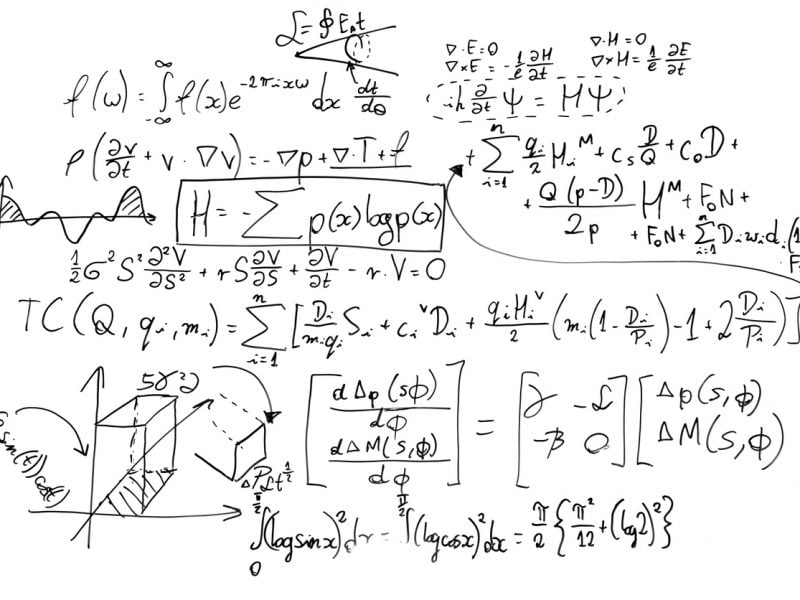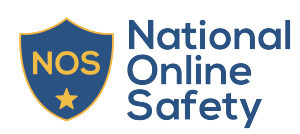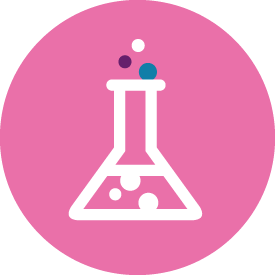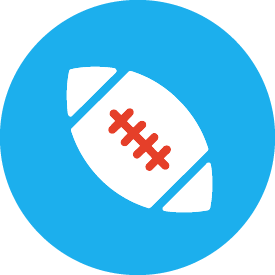
How maths and English are taught in UK primary schools today
From arrays and antonyms, factors and fronted adverbials, word problems and writing frames… chances are that the English and maths children are taught in primary school today seem rather mysterious to you as a parent!
How much do you remember about how you were taught maths and English at school? Most parents find today’s methods very different and quite intimidating – there is no doubt that every primary school parent will be told, “That’s not how we do it at school!” more than once when trying to help with homework!
Different expectations of what children will learn and very different terminology and methods don’t have to mean you feel clueless about what your child’s school work. Read on for an insight into today’s classroom: find out how things have changed and how you can keep abreast of your child’s learning.
-
The UK’s biggest selling children’s title
-
Over 2 million readers each week
-
Over 11 years of award-winning news for children
-
Delivered to homes every Friday
-
Try 6 weeks for £1 today!
-
Get kids talking and learning about the world around them
MATHS IN PRIMARY SCHOOL
Maths terminology and teaching
There’s a clear and careful progression in maths teaching in primary school today. Kids start with simple methods and pictorial representations (using number lines and objects to represent numbers) and move towards formal written procedures, like the column method for addition and subtraction or the bus stop method for division.
Word problems are also widely used in the primary school classroom as a way to show children what real-life applications maths has; when set a problem like Emily wants to buy a treat which costs 30p. How many 10p coins will she need? children will need to break the problem down to find the numbers and calculations to use to get an answer.
The language of maths has really changed in the last decade, and your child is likely to mention terms that are unfamiliar to you, such as BODMAS, the grid method, partitioning and chunking.
TheSchoolRun offers a free, comprehensive guide to all the terminology your child will be using in the maths classroom so you can make sure your own knowledge is up to date!
Mental maths
Calculators don’t have much of a place in today’s primary classroom, and mental maths skills are developed from KS1 onwards. A firm knowledge of number bonds and multiplication and division facts are essential, and your child will be asked to learn and practise their number facts at home.
Times tables
As well as learning multiplication tables by rote (the ‘chanting’ approach), children today are taught the number facts for each table too. This means they learn times tables out of sequence, so they can solve 7×9 without having to recite the seven times table from the beginning, know the corresponding division fact (63 ¸ 7 = 9) and use their knowledge of number facts to help them with calculations (for example by doubling or halving)
Maths mastery
A new initiative based on how maths is taught in high-achieving South Asian countries, maths mastery is being rolled out across primary schools and has a focus on reasoning and problem-solving. Children use objects (like beads or toy bricks) and pictures (such as dots on a page) to physically represent the numbers they’re manipulating; once they’re more confident, the props are removed. This is known as the concrete > pictorial > abstract approach.


ENGLISH IN PRIMARY SCHOOL
Learning to read
In the past, reading began by learning the sounds that individual letters made (‘ah, buh, cuh’), and then their names (A, B, C). Today children are taught to read using phonics, learning the sounds that letters make (pronounced phonetically), then how letters combine to make different sounds, and the different ways of writing each sound.
comprehension
Reading comprehension
Reading comprehension now goes much deeper than simply retrieving and summarising information. From identifying the inferences in the text and deducing what the author means to giving their opinion on what’s happening and commenting on the effectiveness of language, children are taught to respond to what they read in a very detailed way.
Spelling
Do you remember learning lists of spelling words every week? Most children do still have a weekly spelling test, but they also have to show that they understand the words by writing sentences that include them. You might also be surprised to see some incorrect spellings in your child’s work are not always corrected. This is because the focus on phonics means that if a child spells a word incorrectly but it’s phonetically plausible, the teacher might give them credit for it because they’ve used their phonics skills.
Grammar
In the last few years there has been a much greater focus on naming grammatical terms and understanding how to use grammatical elements in the primary school classroom. So you might not know what the past progressive tense is, or how to recognise a fronted adverbial, but your child probably will!
Handwriting
There is a big push on handwriting in the National Curriculum, and children are expected to have legible joined-up handwriting by the time they leave primary school. It is increasingly the norm for schools to teach children to join their handwriting (in a cursive style) from Reception onwards, rather than printing first and then moving onto joined-up writing.
Trusted by parents, loved by children and encouraged by teachers.
Try 6 weeks of First News for £1!
| £1.00* | Ongoing | |
| £62.99 | 26 weeks | |
| £114.99 | 52 weeks | |
| £1.00* | £26.04 | Save 100% | Ongoing | Direct Debit | |
| £62.99 | £112.84 | Save 44% | 26 weeks | One-off Payment | |
| £114.99 | £225.68 | Save 49% | 52 weeks | One-off Payment | |
* First 6 issues are £1.00. After the 6 issues trial the subscription will step up to £33.99 every 3 months. You can cancel at any time.
These tips have been provided by The School Run:
For a parents’ guide to the English and grammar terminology taught in primary school, see TheSchoolRun’s literacy glossary.
TheSchoolRun gives you all the tools you need to understand what and how your child is learning at primary school.
Download English worksheets, maths worksheets and science worksheets to support your child’s schoolwork at home, find out all about KS1 SATs and KS2 SATs (and download free SATs past papers), get to grips with new educational techniques and get free homework help and information.

Every week in First News you’ll find:

20 Things To Know And Tell

Big News

Special Reports

Entertainment

Animal News

Science News

Crazy But True

Puzzles

Sport

